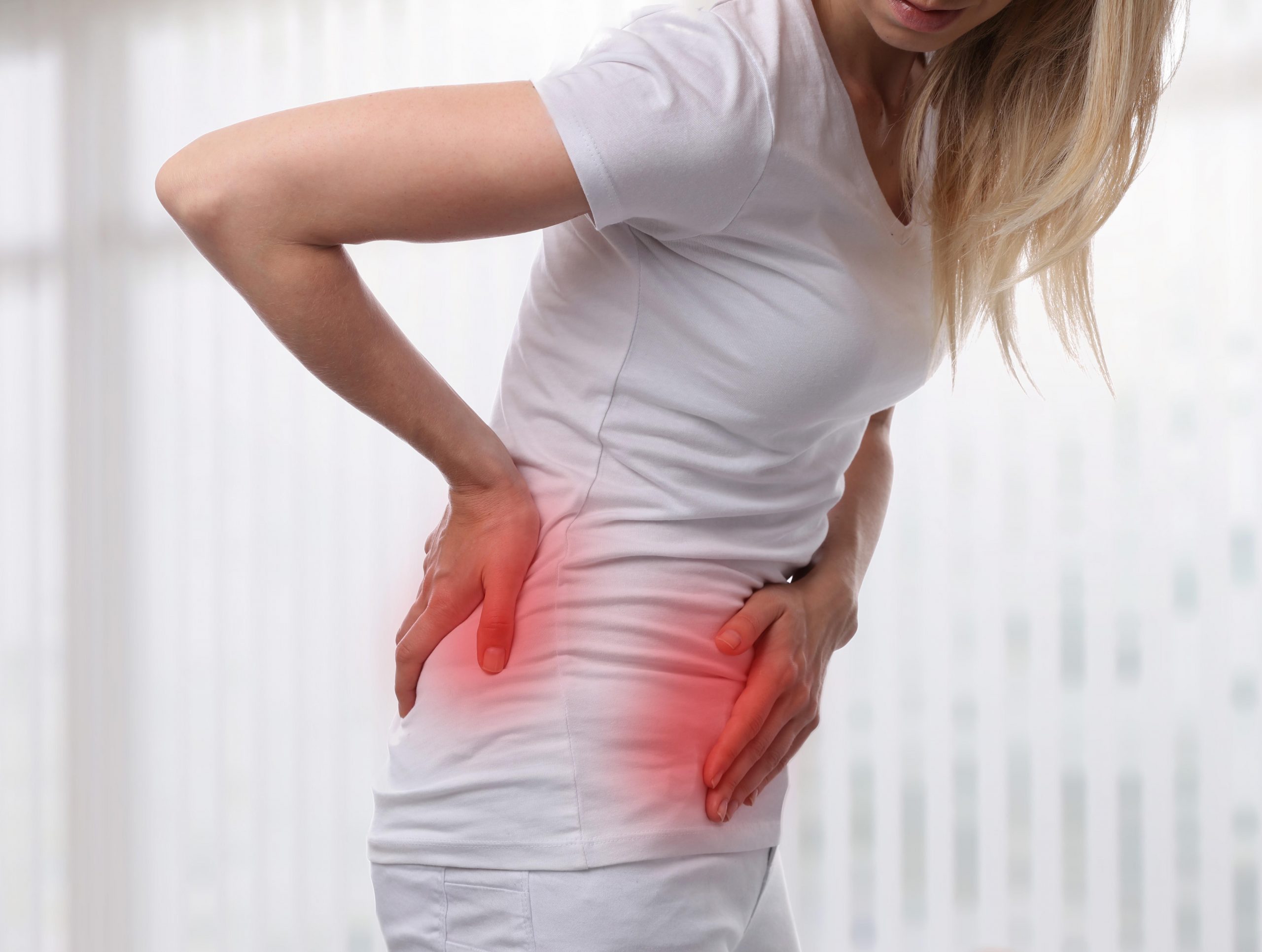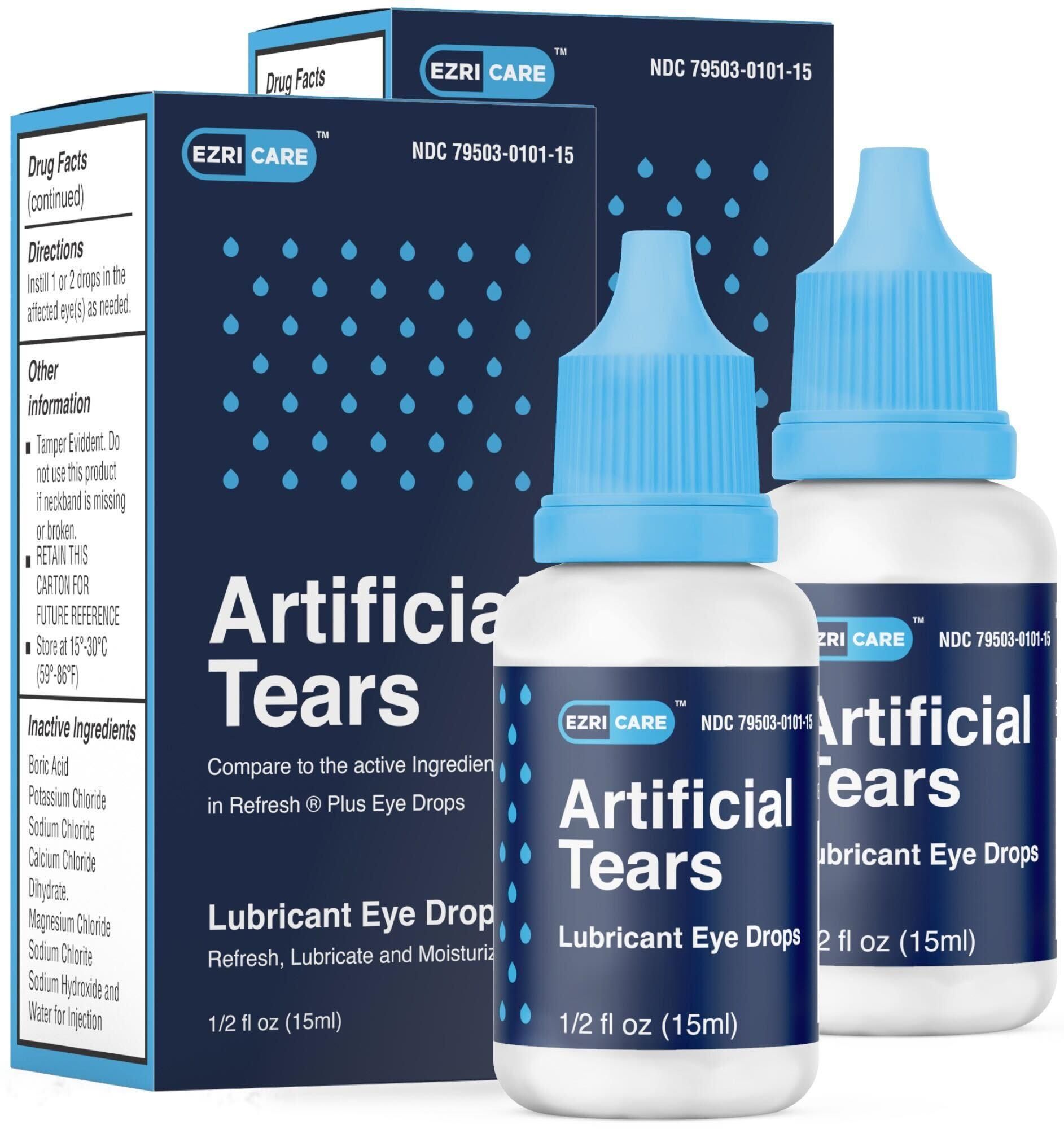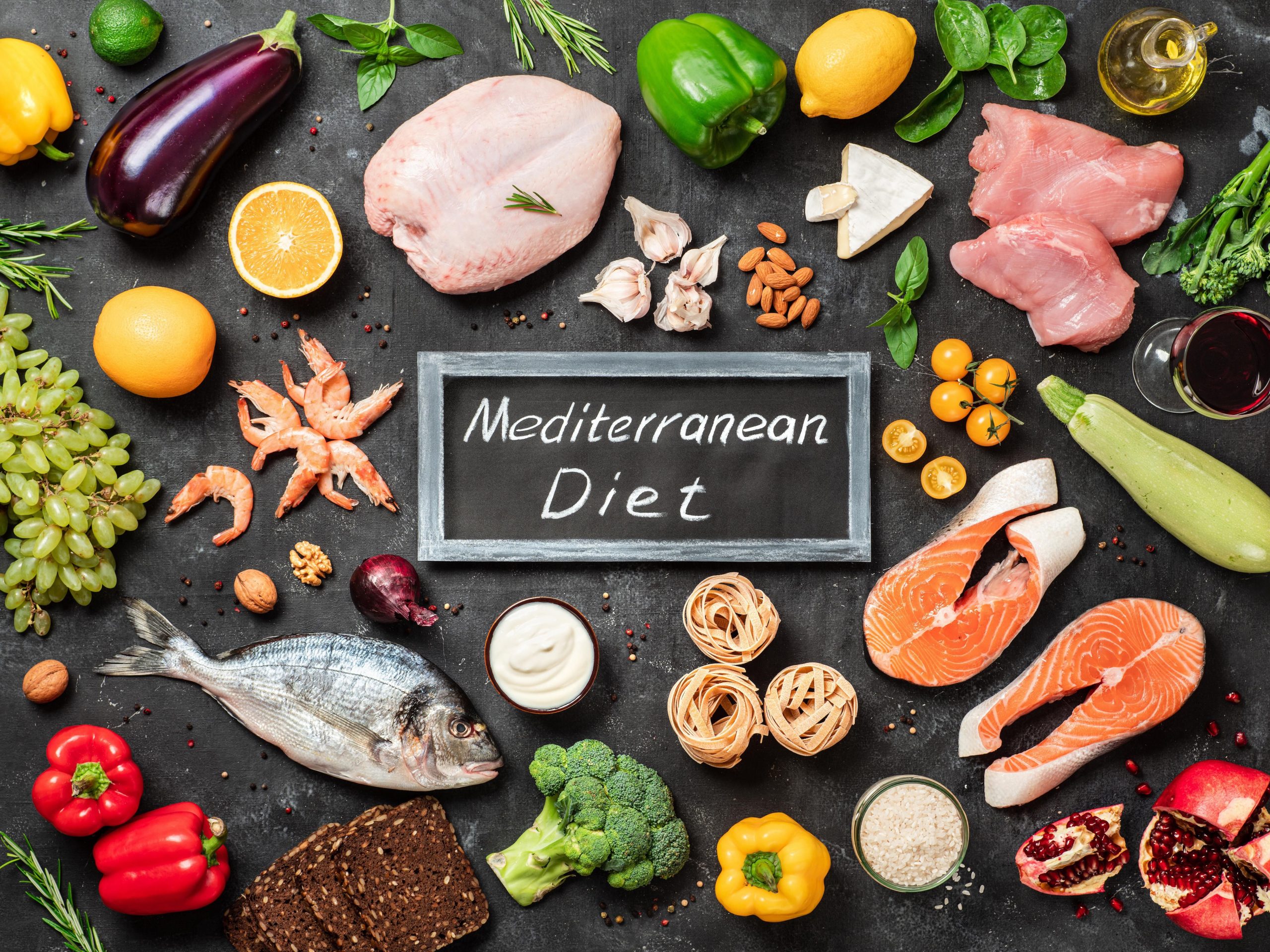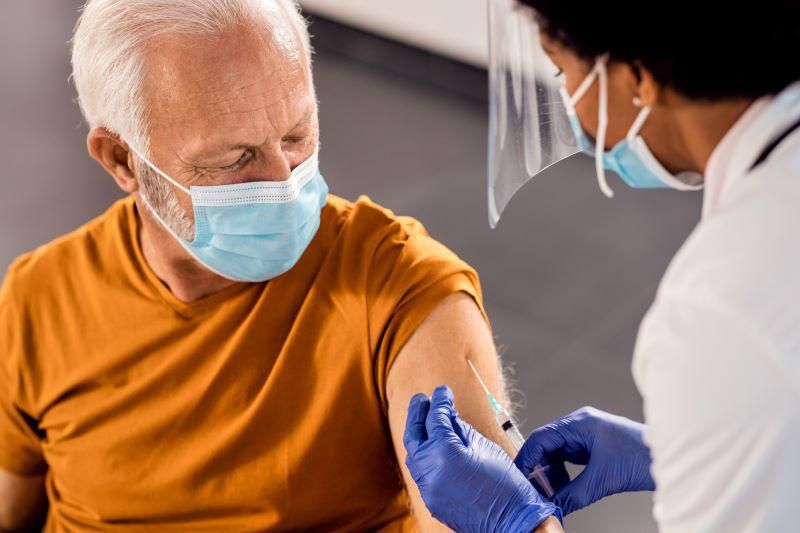
A new study is raising questions about the effectiveness of medications long used to prevent painful kidney stones, but experts say there’s no reason for patients to toss their prescriptions out at this point. Anyone who has ever passed a kidney stone would prefer to avoid a repeat experience. And for many years, doctors have… read on > read on >






























